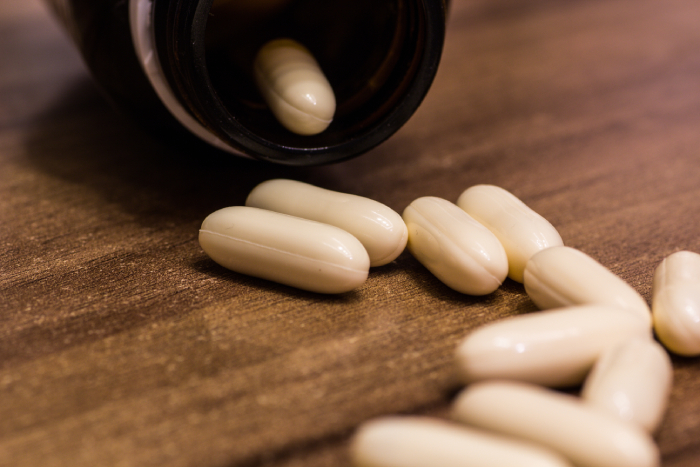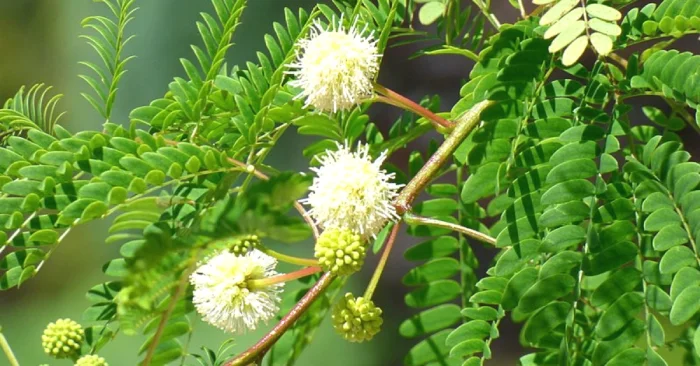Study Shows Promising Results for Spirulina Liquid Extract Supplementation
A recent study has explored the potential benefits of Spirulina liquid extract (SLE) supplementation in endurance training, focusing on its effects on oxidant status and muscle performance. The research, conducted on Wistar rats, provides intriguing insights into how this blue-green algae supplement might enhance athletic performance and recovery.
Spirulina, a nutrient-dense cyanobacterium, has gained popularity in the health and fitness world due to its high protein content and antioxidant properties. The study specifically examined the impact of phycocyanin, a key component of Spirulina, on muscle adaptation and recovery during endurance training.
The experiment involved four groups of rats: a sedentary control group, a sedentary group supplemented with SLE, an endurance training group, and an endurance training group supplemented with SLE. Over eight weeks, the rats underwent treadmill training, after which blood and muscle samples were collected for analysis.
Results showed significant improvements in maximal aerobic speed for the group that combined endurance training with SLE supplementation. This group also exhibited better plasma lipid profiles, with reduced triglycerides, cholesterol, and atherogenic index compared to the other groups.
Interestingly, the study found that SLE supplementation led to decreased muscle malondialdehyde levels, a marker of oxidative stress, in the trained group. Gene expression analysis revealed upregulation of Nrf2 and mitochondrial biogenesis genes in both the soleus and extensor digitorum longus muscles, suggesting improved antioxidant responses and energy production.
The researchers concluded that SLE supplementation enhanced exercise performance and promoted beneficial muscle molecular adaptations. These findings position Spirulina liquid extract as a promising functional food supplement for athletes, potentially optimizing recovery and performance.
Commentary by SuppBase columnist Alice Winters:

The study on Spirulina liquid extract (SLE) supplementation in endurance training presents fascinating results that warrant attention from both athletes and health enthusiasts. As we delve into this research, it’s crucial to approach the findings with a critical eye and consider their implications in the broader context of sports nutrition and supplement efficacy.
First and foremost, the study’s use of animal models, while common in preliminary research, limits direct extrapolation to human performance. Rat physiology, while similar in many aspects, doesn’t perfectly mirror human responses to exercise and supplementation. This caveat underscores the need for follow-up human trials to confirm these promising results.
The observed improvements in maximal aerobic speed and lipid profiles in the SLE-supplemented training group are particularly intriguing. These findings suggest that Spirulina’s antioxidant properties, primarily attributed to phycocyanin, may indeed offer tangible benefits for endurance athletes. The reduction in oxidative stress markers, such as malondialdehyde, further supports this hypothesis.
However, it’s essential to consider the dosage and form of Spirulina used in this study. The liquid extract might have different bioavailability and efficacy compared to more commonly available powder or tablet forms. Consumers should be cautious about assuming equivalent results from different Spirulina products without supporting evidence.
The gene expression analysis revealing upregulation of Nrf2 and mitochondrial biogenesis genes is perhaps the most exciting aspect of this research. These molecular changes suggest that SLE supplementation may enhance the body’s natural antioxidant defenses and improve energy production at the cellular level. If replicated in humans, this could have significant implications for athletic performance and recovery strategies.
Nevertheless, we must remember that supplementation is not a magic bullet. The study’s results were observed in conjunction with consistent endurance training, highlighting the importance of a holistic approach to performance enhancement. Athletes considering Spirulina supplementation should view it as a potential complement to, not a replacement for, proper training and nutrition.
From a market perspective, this research could fuel increased interest in Spirulina products, particularly liquid extracts. However, consumers should be wary of overhyped marketing claims that may arise from these findings. The supplement industry often jumps on promising research to promote products, sometimes overstepping the bounds of scientific evidence.
In conclusion, while this study presents exciting possibilities for Spirulina supplementation in endurance training, it’s crucial to approach these findings with measured optimism. The research provides a solid foundation for further investigation, but human trials are necessary to confirm these effects in athletes. As always, individuals considering new supplements should consult with healthcare professionals and prioritize a balanced diet and proper training regimen as the cornerstone of their athletic pursuits.



